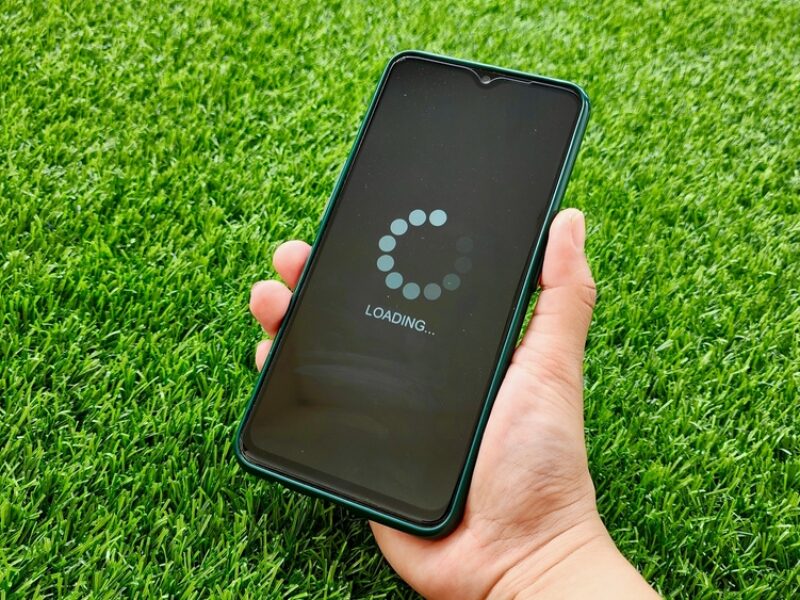
The opening of your presentation is often the part where you’re most nervous or self-conscious. You’re faced with pairs of eyes looking at you, the audience feels like it’s one big stare, and you’re not enjoying the sudden attention.
What can you do to take some of the unwanted focus off yourself, and create an engaging, effective start to your speech?
Here are two ways which really work:
- Make a statement
- Ask a question
Keep reading, because I probably haven’t convinced you that these ideas are all that startling or great just yet! I’ll explain why they work so well as you read on.
Let’s take ‘make a statement’ first. There are 3 ways to go with this: past, present or future:
- Past. Example: “It seems as though mobile phones have been around forever, but it was 1987 when the first one was used in Australia. They were known as ‘bricks’, and cost over $4000 each.”
- Present. Example: “We live in a world today where people seem to think it’s ok to have no manners. That it’s ok not to consider other people as they go through their day. I don’t know about you, but I don’t think this is progress in society” OR “Today, we’re nearly all scrambling to find time to keep fit…”
- Future. Example: “Imagine that it’s June 30th 2016, end of financial year, and your new operating system has been fully up and running for 12 months” OR “Imagine that you’re a young child who’s just started kinder: you’re missing mum, just want to go home, and you’re too nervous to ask where the toilets are”.
Did you try any of these out in your own mind as you read them? What was happening as you did so?
I’d suggest this is what was happening: you were in your own mind, following along with the speaker as they made one of these statements. You were back in your own past, accessing memories (or thinking “no, I was too young to remember what it was like with no mobile phones, and wow, they were $4000?!”) for No. 1. You were agreeing or disagreeing with the present statement in No.2; and picturing a future event or your own past again for No. 3 (if hearing about the kinder child took you back to your own childhood).
So what’s the benefit here if you’re the speaker? The audience’s focus is not on you any more, it’s off in their own minds.
Asking a question. Exactly the same thing applies if you ask a question which isn’t simply a ‘yes’ or ‘no’ answer. Here are the same past, present and future examples:
- Past. Try using “remember when…?” Example: “Remember when you had to wait until you got home to chat to a friend on the phone – or find a phone box and hope no-one else was using it?” OR “remember what it was like when you were a child to eat a melting ice-cream on a hot summer’s day, and how your hands would get all sticky?”
- Present. Example: “What sort of a world do we live in where it’s still acceptable for children to live in poverty?”
- Future. Example: “What if we implement this new system and it actually works? How much more productive will we be?” OR “What would it be like if we tested this equipment out for 3 months and then decided?”
Again, test this out – you’re in your own mind as you engage and answer the question…remembering, weighing up the ideas, agreeing or disagreeing. Whichever way you choose to engage, you’re not thinking about the speaker at this point, or focusing properly on him or her. (Unless the speaker’s making an irrelevant point, or asking an inappropriate question…but if you’re the speaker and you’ve done your homework to make sure that you’re relevant, that’s not going to be an issue for you! See my previous article on relevance here).
What do you think? If you want some breathing space to deflect the spotlight off you when you start your speech – a few moments can make all the difference – try using one of these openings. They also just work well used as engaging speech openings; so even if you’re not nervous, why not give them a go?




